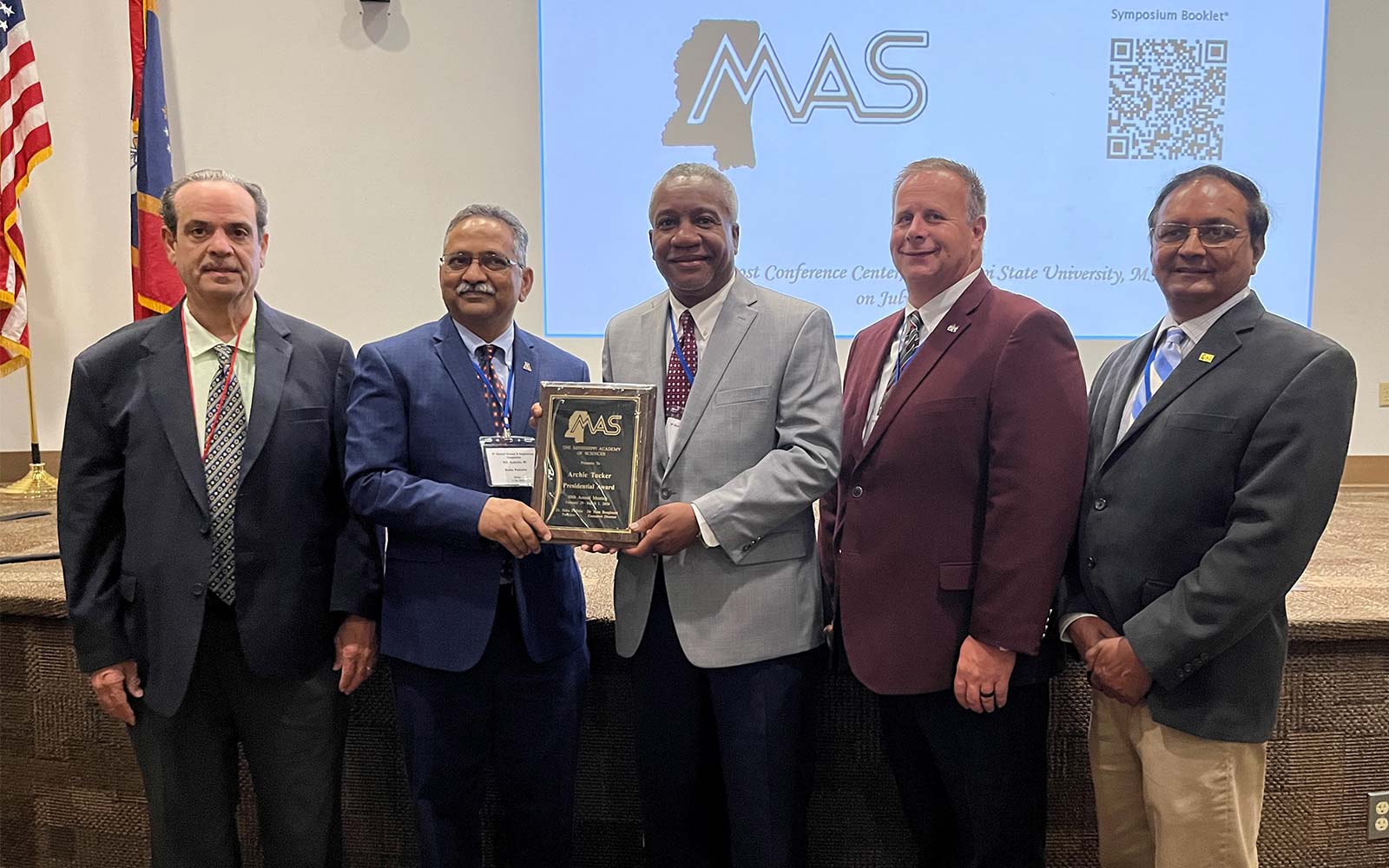Massachusetts
19-Year-Old from Ayer rescued from local beach

A 19-year-old man from Ayer was rescued from Sandy Pond Beach in Ayer, Massachusetts Saturday afternoon after he’d gone missing while swimming, according to the Ayer Police Department.
Life guards at the beach told police and firefighters that a swimmer was unaccounted for. Dive teams began searching the water, and the 19-year-old was found several minutes after the search started, according to police.
The swimmer was taken to Nashoba Valley Medical Center, then transferred to Lahey Hospital and Medical Center where he’s currently hospitalized, said police.
Officials say local and state police are investigating the incident.

Massachusetts
Steward Health Care crisis: 1,000+ employees at Carney Hospital, Ayer facility to be laid off

More than 1,000 employees are set to be laid off when Steward Health Care closes two of its Massachusetts hospitals at the end of the month, the bankrupt Dallas-based company told the state.
When Carney Hospital in Dorchester and Nashoba Valley Medical Center in Ayer close on or around Aug. 31, roughly 1,243 employees at the two healthcare facilities will be out of work, according to a notice Steward filed with the state on Friday.
Some 753 employees at Carney are anticipated to lose their jobs, while 490 at Nashoba Valley will also be impacted, according to the notice mandated by the federal Worker Adjustment and Retraining Act.
With the closures in sight, after a Texas-based federal bankruptcy judge decided last week to allow the debt-ridden Steward to proceed, current and former patients are being notified to file proofs of claim.
The deadline to file proofs of claims against the debtors is Aug. 23 at 6 p.m.
“Although you are receiving this notice it does not mean you have a claim or need to file a proof of claim,” the document from bankruptcy court states. “You do not need to file a proof of claim for any refund arising in the ordinary course of business that the debtors have been previously authorized to pay by order of the court.”
“The debtors and their advisors are unable to provide you with any legal advice,” it adds. “To the extent you seek legal or other professional advice, please consult with your own lawyer or advisor.”
Bankruptcy Judge Christopher Lopez said federal bankruptcy laws left him little choice but to allow the hospitals to close.
“Closing one hospital is real — it’s affecting the lives of people who are in there right now,” he said. “The importance of every individual weighs on me, when I’m told there could be life decisions… but from a legal standpoint, the debtors have the authority to close.”
Inside Ayer Town Hall last Tuesday, officials called on Gov. Maura Healey to require Steward to follow state law that forces healthcare entities planning to shutter services to notify the Department of Public Health at least 120 days in advance.
Healey had told reporters earlier last week there was nothing she could do to prevent Steward from shuttering Nashoba Valley, Carney, or any other facility. But, on Thursday, the governor said she is pressing Steward to adhere to the state Department of Public Health regulation.
“I’ve been clear with Steward, they need to stay open for 120 days. We need to have a smooth transition. Steward made the call to close those two hospitals,” Healey told reporters. “We have been hard at work looking to secure a deal that will ensure a smooth transition of ownership away from Steward to a responsible operator.”
Nashoba Valley and Carney did not receive qualified bids for purchase during an auction held on July 15, while Steward’s five other operational hospitals did.
Those facilities include Good Samaritan Medical Center in Brockton, Holy Family Hospitals in Haverhill and Methuen, Morton Hospital in Taunton, Saint Anne’s Hospital in Fall River, and St. Elizabeth’s Medical Center in Brighton.
Boston Mayor Michelle Wu wrote a letter to the owners of Dorchester’s Carney Hospital on Thursday, demanding that the property must be used only for healthcare purposes in the future. If not, the owners could face retribution from Wu’s office, the mayor warned.
“Our community is rightly concerned that your companies, not satisfied with the hundreds of millions in value already extracted from Steward hospitals, hope to capitalize on the closure of Carney Hospital by redeveloping the property,” Wu wrote. “I would like to be absolutely clear that my Administration will oppose any effort by ownership to rezone the property for uses other than the provision of health care. “
Massachusetts
Shelter policy is cruel and harmful – The Boston Globe

Last week, Governor Maura Healey announced a new policy that will drastically limit children’s and families’ access to Emergency Assistance shelters and state-funded overflow shelters. Under the policy, which went into effect Aug. 1, many families with children who are experiencing homelessness will be faced with a stark choice. Eligible families can choose to stay for five days in an overflow shelter (with very limited opportunities for short-term extensions) or remain unsheltered and hope that they quickly come up to the top of the waiting list for a longer term Emergency Assistance shelter placement.
If a family stays five days in an overflow shelter, they not only will have to leave rapidly (almost by definition before they have regained stability) but they also will be deemed ineligible for Emergency Assistance shelter for at least six months. Anyone who lives in Massachusetts knows that it will be impossible for most families who have nowhere else to go to find a safe place to live within five days.
The dramatic decisions by the administration to discourage families from accessing overflow shelters and to abruptly limit the stays of families who do choose that option are particularly punitive as the only families who have been able to access overflow shelters are those who state officials have deemed eligible for Emergency Assistance shelter after a rigorous application process and who the Commonwealth has placed on the waiting list due to state-imposed capacity constraints.
Last October, Healey instituted a cap of 7,500 families in the Emergency Assistance program, the first such limit in the program’s 40-year history. In November, the state Executive Office of Housing and Livable Communities began placing eligible families on a waiting list for longer-term shelter. Recognizing the dangers of unsheltered homelessness and the state’s obligations under the Commonwealth’s landmark 1983 right-to-shelter law, the Legislature intervened last December to require the administration to establish overflow shelters for families on the Emergency Assistance waiting list.
While the capacity of overflow shelters has never been to scale, these sites have been a lifesaving layer in the state’s response to family homelessness over the past year, keeping children and parents off the streets during the freezing cold nights of winter, through summer heat waves, and on the days in between. Indeed, there is never a good time to experience unsheltered homelessness in the Commonwealth. This can be attested to by the hundreds of children and parents who slept on the floor of Logan Airport for months until the administration worked to place those families in overflow shelters while barring additional families and individuals from accessing Logan as a place of last resort starting in July.
Before the Commonwealth terminates the first families from the overflow shelters next week, the governor should use the intervening days to reconsider and rescind this harmful policy. Healey should commit to having a dialogue with the families who will be most directly impacted and engage advocates, providers, and key legislators about alternatives that truly center the safety and dignity of children and families experiencing homelessness.
The Legislature should intercede to uphold the spirit of the state’s landmark 1983 right-to-shelter law by securing access to shelter for all eligible families, committing to providing the needed funding to keep the doors of shelters open, and making bold investments in the homelessness prevention resources, long-term housing, and supportive services that children, families, and communities need and deserve.
Families should not have to resort to sleeping in hospital emergency rooms, bus stations, train stations, airports, cars, and other places not meant for human habitation.
While state lawmakers continue to pressure federal officials to reform the nation’s immigration system and better support immigrants, refugees, and children and adults seeking asylum, the state must simultaneously stabilize rents, uplift communities, eliminate inequities, and uphold the basic human rights of shelter and housing for everyone who calls Massachusetts home.
Kelly Turley is associate director of Massachusetts Coalition for the Homeless.
Massachusetts
Healey is right — the shelter system is at a breaking point – The Boston Globe

The shelter system in Massachusetts is at a breaking point. As the CEO of Heading Home, a shelter provider that serves Eastern Massachusetts, I see the pressure points on the system from all angles.
Hundreds of families are waiting for placement in an Emergency Assistance shelter and those numbers continue to grow. We see families from Massachusetts and families fleeing violence from their home countries seeking safety and refuge for their children. We see families who want to leave shelters but can’t find a home they can afford on their incomes.
We see families struggling with medical needs. We see children with disabilities whose parents can’t work and care for them. We see a disproportionate number of families with very young children. We see bottlenecks at each and every point in the system right now, despite the work that Governor Maura Healey has done to more than double the shelter capacity in the past year.
With nearly 8,000 families currently staying in emergency shelters and at safety-net sites, and more arriving every day, Massachusetts cannot keep up with the demand. And without the state making hard policy decisions on shelters, families with the highest needs will not have access to short-term shelter stays with intensive care management services as they determine their next steps.
Healey’s policy to limit overflow shelter stays to five days, with extensions for up to a month for some families, is a necessary step to keep families moving along in the housing process and to ensure access for others in need, while making sure that our shelter system can sustain itself for the long-term needs of all people.
The Healey administration has responded to the shelter crisis with a multifaceted team of experts in policy, nonprofit providers, philanthropists, and volunteers — all working to fix the system in real time and through a national housing crisis — so that we don’t lose the right to shelter for families.
There are those who propose getting rid of the law. Some have called the new policy harsh and cruel, claiming the state has turned its back on children. But the administration is working hard to preserve the right to shelter. The governor’s teams have continuously pushed the system to adapt, added capacity and services, and tried to make policies evolve to respond to an ever-changing and continuing crisis, despite fiscal pressures.
We are all working as hard as possible to help families find housing that doesn’t rely on long-term stays in emergency shelters. We have increased staff to work with families on identifying and assessing alternatives to shelter whenever possible, such as relatives, friends, and community members who could provide temporary shelter in Massachusetts and beyond.
This requires the entire shelter and housing ecosystem to be supported with policies and resources dedicated to preserving affordable housing, creating supportive housing, and developing affordable workforce housing — an area where this administration has shown leadership. Systems must have multiple entry points and families must move through the system and have multiple exit strategies to end homelessness. This will create more space in the system to support those most in need and those who are seeking refuge.
What’s important now is to understand that while we continue to house people at unprecedented rates we simply cannot continue operating our current system structure without putting in jeopardy funding for other things such as school spending, health care, local aid, public safety, or first responder services in the Commonwealth.
Policies are good only when they are properly implemented and sustained, and no policy comes without some unintended consequences. In order for our right-to-shelter law to work effectively, the state has no choice but to put some parameters around all aspects of it.
The next few months will be difficult as the shelter system adjusts, but the new policies will help stabilize the flow of those seeking emergency shelter and improve the overall housing system for the future.
Danielle Ferrier is CEO of Heading Home.
-

 Mississippi4 days ago
Mississippi4 days agoMSU, Mississippi Academy of Sciences host summer symposium, USDA’s Tucker honored with Presidential Award
-

 World1 week ago
World1 week agoTyphoon Gaemi barrels towards China’s Fujian after sinking ship off Taiwan
-

 Politics7 days ago
Politics7 days agoRepublicans say Schumer must act on voter proof of citizenship bill if Democrat 'really cares about democracy'
-
World6 days ago
More right wing with fewer women – a new Parliament compendium
-

 News1 week ago
News1 week agoVideo: Kamala Harris May Bring Out Trump’s Harshest Instincts
-

 News1 week ago
News1 week agoWho Can Achieve the American Dream? Race Matters Less Than It Used To.
-

 Politics1 week ago
Politics1 week agoTrump announces to crowd he 'just took off the last bandage' at faith event after assassination attempt
-

 World7 days ago
World7 days agoIsrael says Hezbollah crossed ‘red line’, strikes deep inside Lebanon
![Massachusetts prison guard who was knocked unconscious shares his ‘scary’ story: ‘I don’t want this happening to anyone else’ [see video] Massachusetts prison guard who was knocked unconscious shares his ‘scary’ story: ‘I don’t want this happening to anyone else’ [see video]](https://www.bostonherald.com/wp-content/uploads/2024/08/DOC.jpg?w=1024&h=774)
















